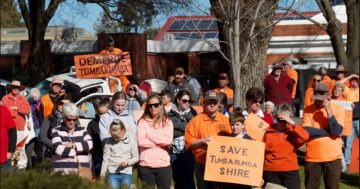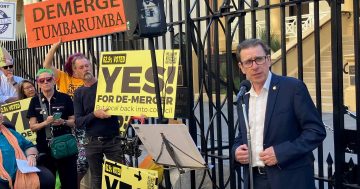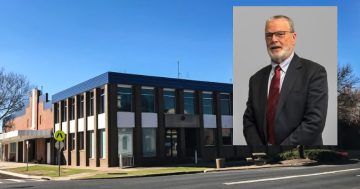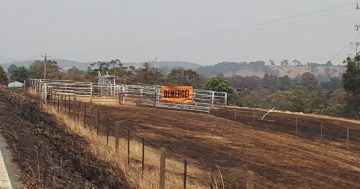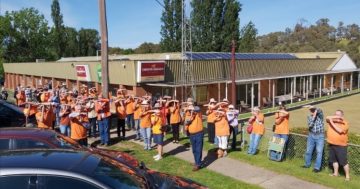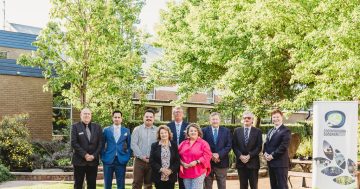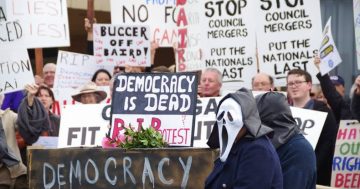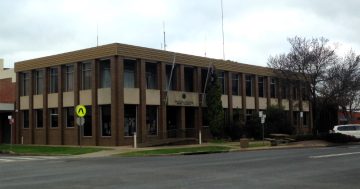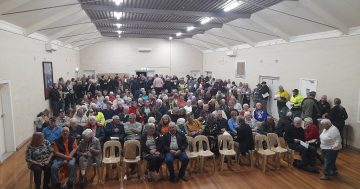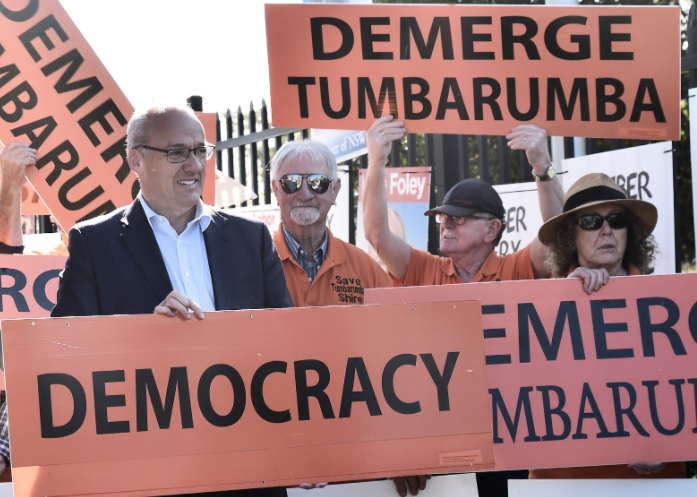
Save Tumbarumba Shire supporters have now joined the Demerge NSW Alliance. Photo: Save Tumbarumba Shire.
Residents of Snowy Valleys, Cootamundra-Gundagai and Hilltops local government areas may be forgiven for thinking they were handed a poison chalice when their former shires were forcibly merged, but many still feel powerless ahead of the 4 December elections.
Five years later, each council is mired in so much debt they’re discharging flares, while NSW Minister for Local Government Shelley Hancock is refusing to return autonomy to the former Young, Boorowa, Harden-Murrumburrah, Cootamundra, Gundagai, Tumbarumba and Tumut shires.
In July this year, she rejected the findings of the NSW Local Government Boundaries Commission (LGBC) – the independent statutory authority she charged with the responsibility of examining two elector-initiated proposals to demerge Snowy Valleys Council (SVC) and Cootamundra-Gundagai Regional Council (CGRC).
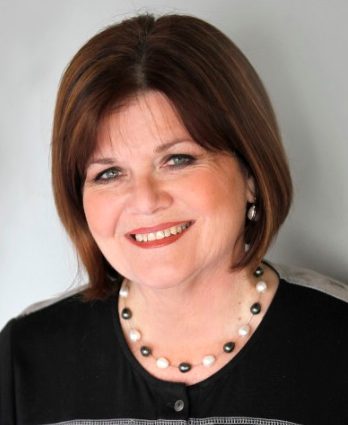
NSW Minister for Local Government Shelley Hancock. Photo: Supplied.
She said the reports did not provide a clear consensus on the issue or provide her with the necessary confidence to make these important decisions. She instead announced the LGBC would undergo an independent statutory review.
Ms Hancock’s decision also disregarded deputy premier at that time – John Barilaro – and Cootamundra MP Steph Cooke, both supporters of efforts to have the mergers reversed.
Citing 2019-20 data from Your Council website, Shadow Minister for Local Government Greg Warren said the three councils sat among the 20 worst performing councils in NSW in terms of their operating performance ratio.
Battling a rolling $45 million deficit, Hilltops Council recently passed a six-point cost-cutting recommendation and a potential Special Rate Variation (SRV) which they hope will balance the books by the late 2020s.
Mayor Brian Ingram said amalgamation’s initial implementation and legacy weighed heavily on council’s shoulders.
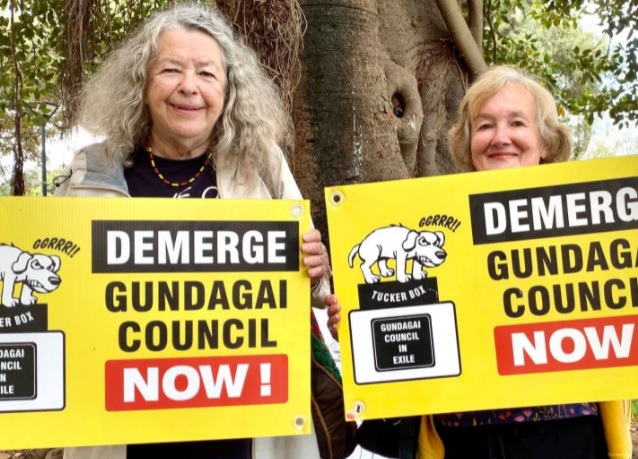
Gundagai community members continue to call for a demerger. Photo: Gundagai Council in Exile.
CGRC has a $28 million deficit and a 53.5 per cent rate increase to maintain service levels, fund asset renewals and improve financial sustainability, coupled with increases in water and sewerage (30 per cent) and fees and charges (19 per cent).
“You look at the councils that haven’t merged – Temora, Junee, Coolamon and Bland and they’re not looking at SRVs,” Mayor Abb McAlister said.
Running parallel to this is the forthcoming LGBC examination of CGRC’s early July demerger proposal, with external consultants reappointed this week due to the lack of a key financial report.
Snowy Valleys – saddled with a $5 million operating deficit – has just notified the Independent Pricing and Regulatory Tribunal (IPART) of its intent to apply for SRV rates of 17.5 per cent each year over the next two years, leading to a compounded rise of 38.06 per cent.
All this is moot until the newly-elected council meets in January 2022 to finalise a way forward.
In each merged community, concerns sit around lack of representation and decline in services in towns outside each council’s main operational centres, while councillors are faced with a very different set of rules around how they operate.
That augments Tumbarumba and Gundagai’s anti-merger position, but there are few dissenting voices in Hilltops.
That doesn’t surprise outspoken Hilltops council critic, former 2LF radio broadcaster Neil Langford.
“Gone are the days when you could talk to a councillor who you knew well, who knew the town and district well and you’d know that what you’ve said will actually be addressed,” he said.
“These days if anyone speaks out of turn, often they’re overridden or slapped with a Code of Conduct review.”
Sis Anderson, a special needs teacher, has lived in Young her whole life.
“As I have grown older, attempting to buy a house, working with vulnerable families and children, I have come to see the dismal efforts by council to support its community,” she said.
“[There are] limited opportunities and support (that’s not privately funded by the NDIS) for young people and children with a disability.
“Yes, they have a new park, but on a busy road competing for car parks with the medical centre and local swimming pool with a waterway down the hill.
“[It’s an] incredibly unsafe location for children with special needs.”
Hilltops Council’s recent decision to refer the proposed expansion of steel manufacturing firm Apollo Fabrication Group to the Department of Planning, Industry and Environment, Ms Anderson said, was made without one councillor taking up her offer to see the impact this expansion would have on neighbouring residents.
“All but one voted for it to go ahead,” she said, “making a decision that doesn’t affect their home or life, without meeting me or experiencing my home.”
Demerger support has been reinforced by the formation of the Demerge NSW Alliance (DNA), who say that after five years of merged councils, communities remain angry about the remoteness of the mega councils, the rate increases, the failure to deliver financially and lack of representation.
DNA spokesman Grantley Ingram said, “they want their local councils back”.
His advice is to support candidates pushing for a community voice on the important matter of demerging, which he says, all current issues boil down to.







